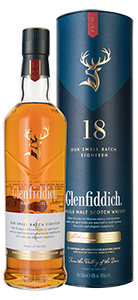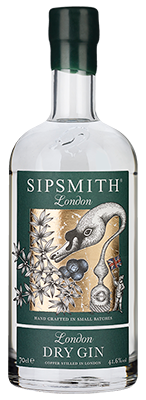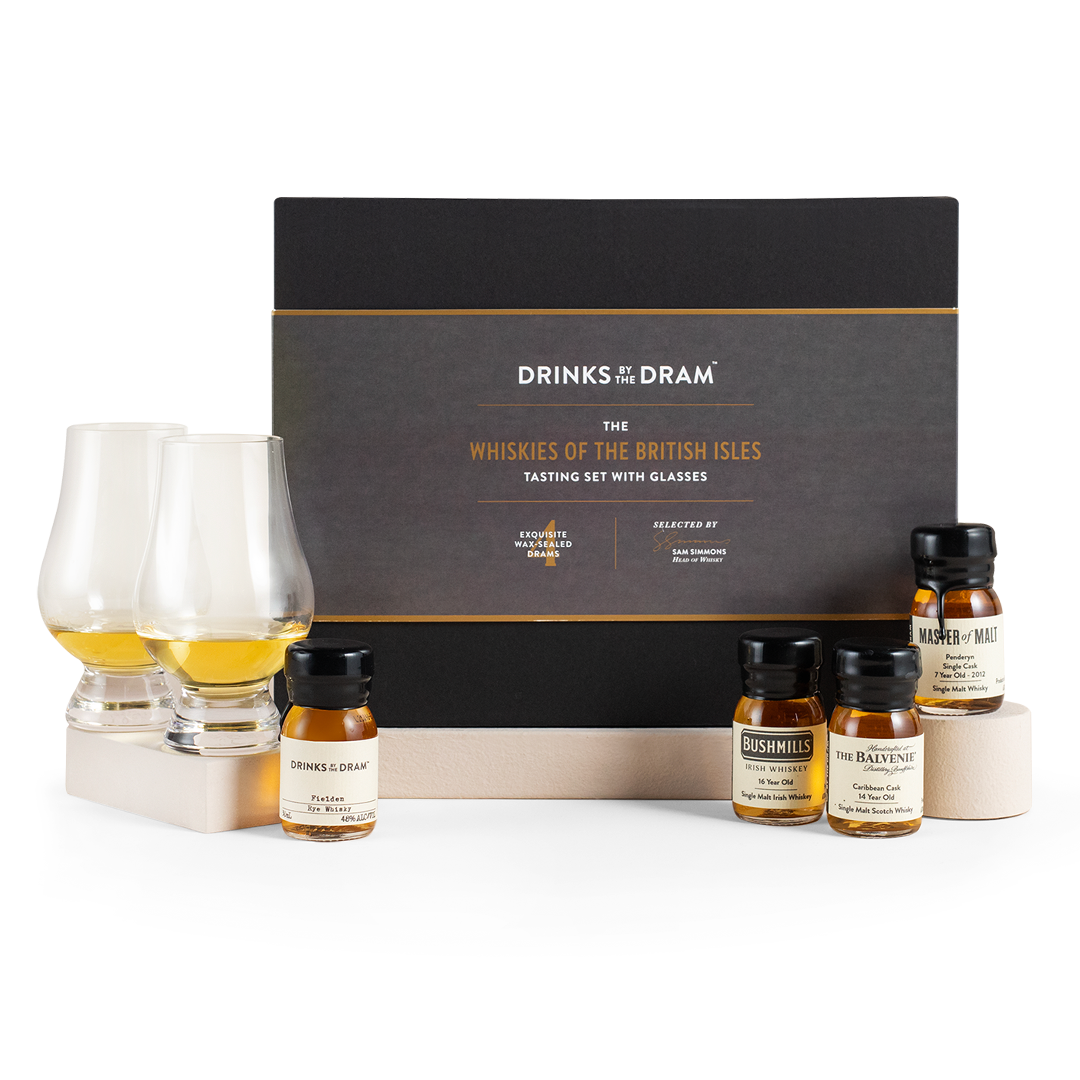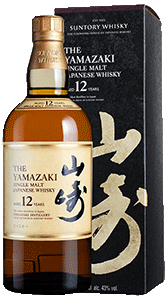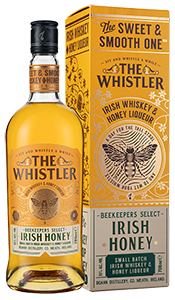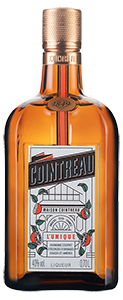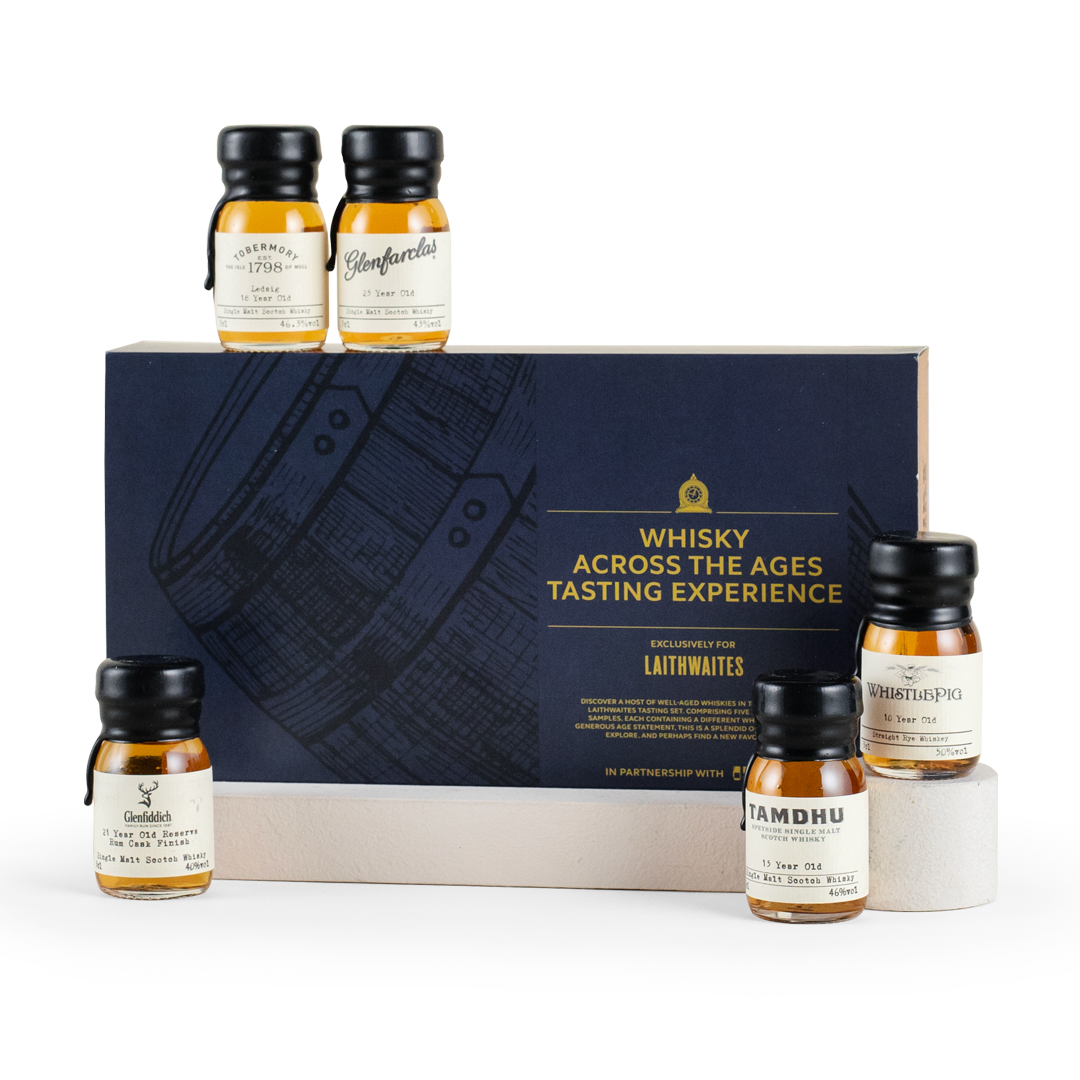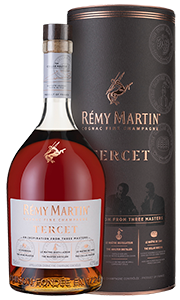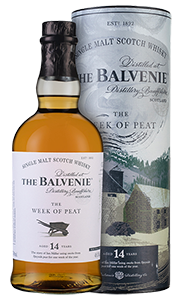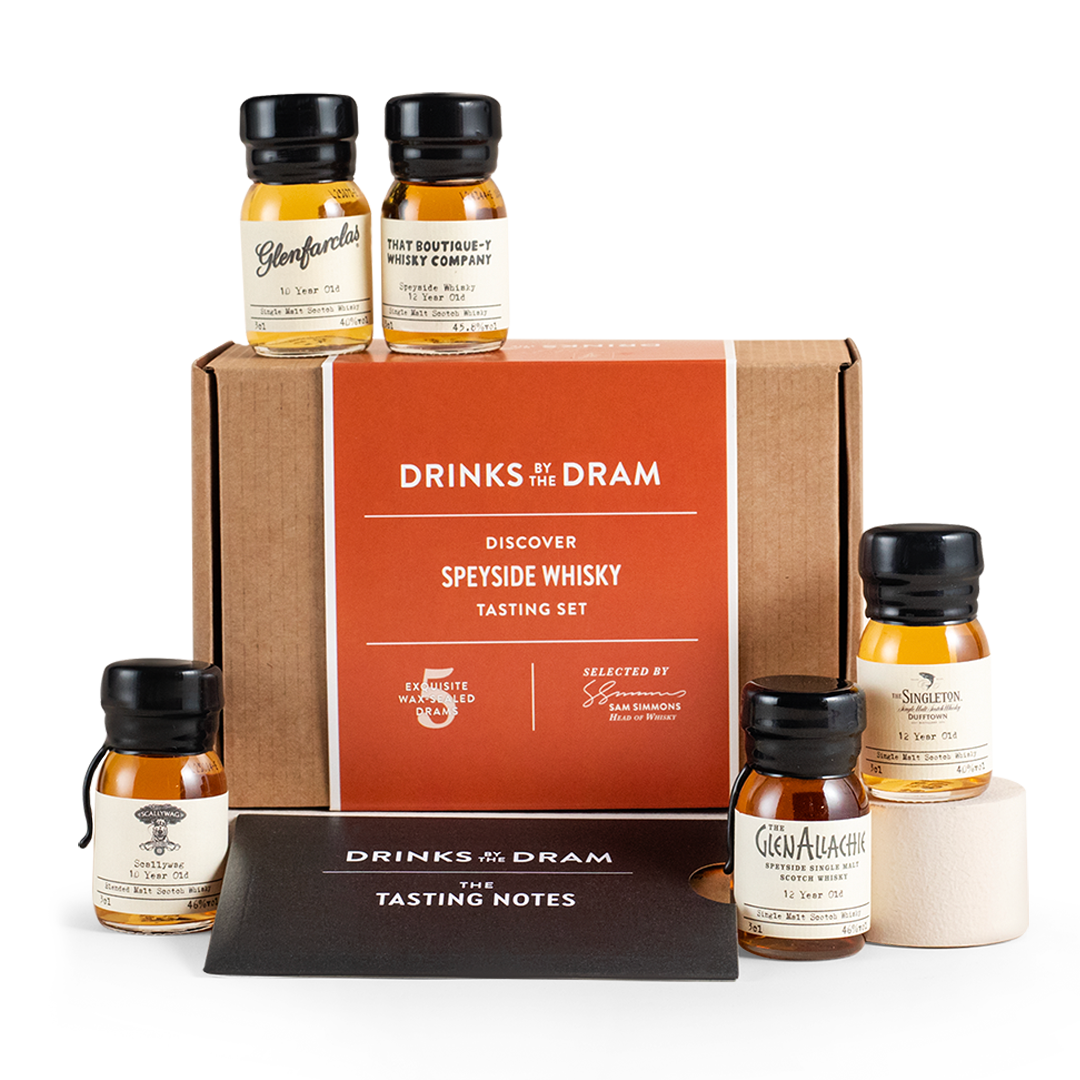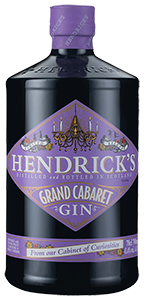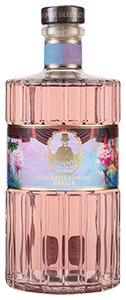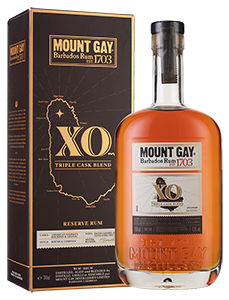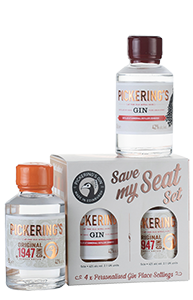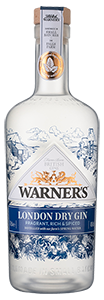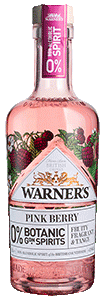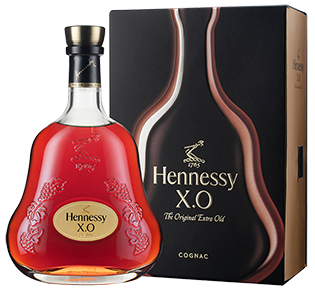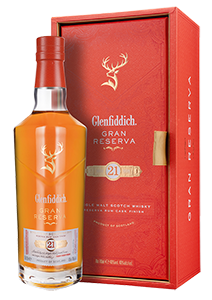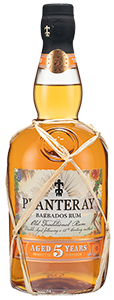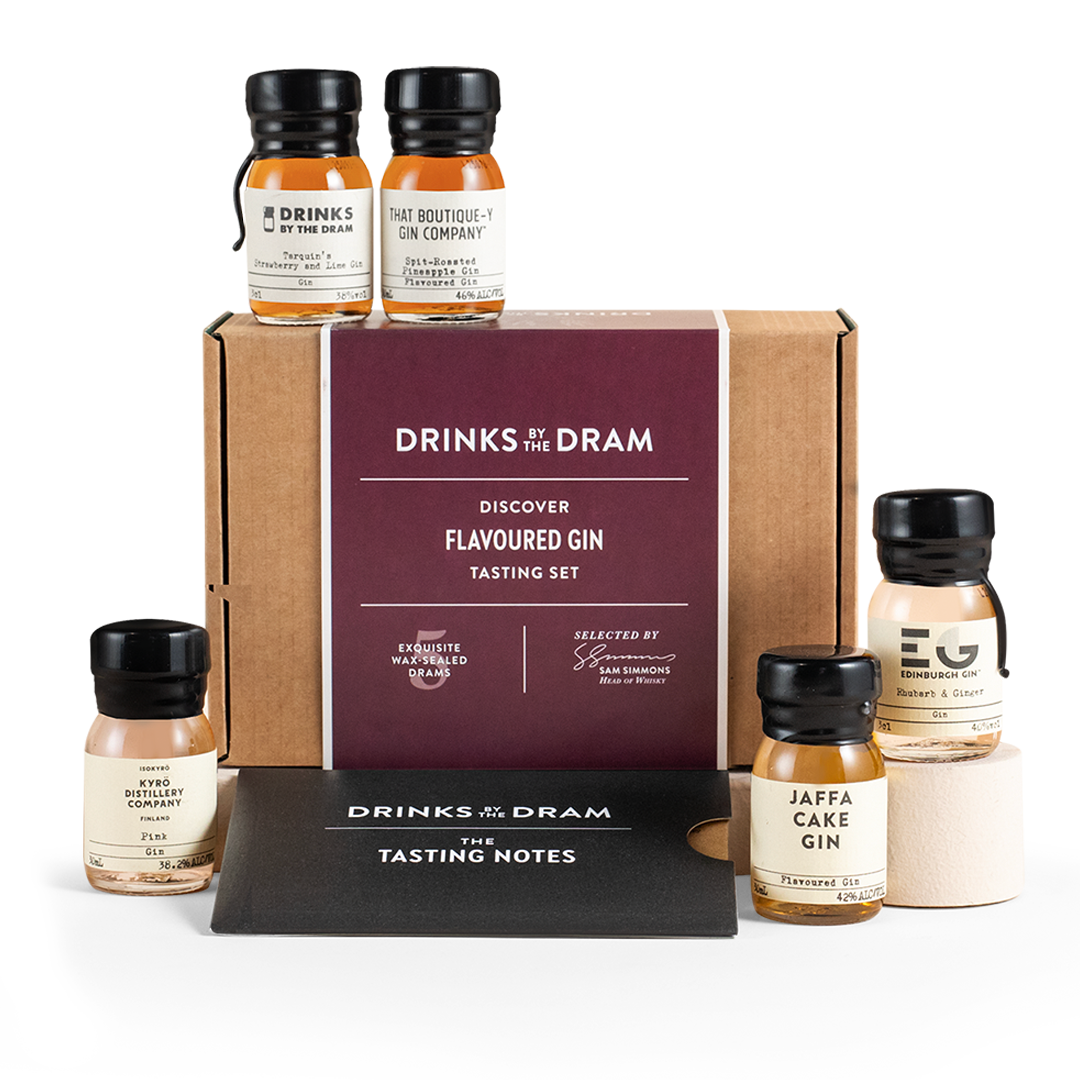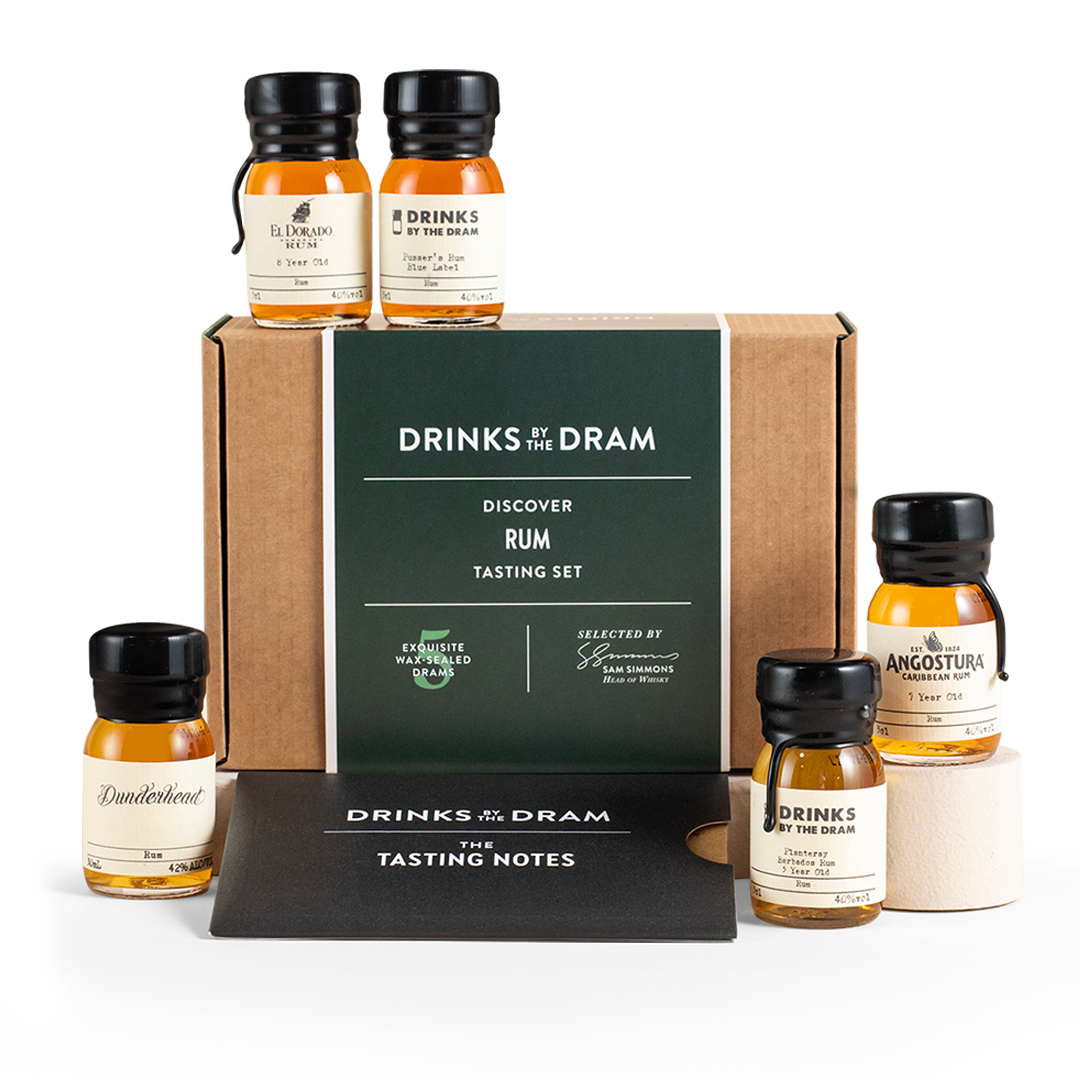- Home
- spirits
Filter by
- £100.00 per bottle
- £30.00 per bottle
- £34.95
- £140.00 per bottle
- £32.00 per bottleSAVE £3.99
- £14.00 per bottle
- £42.00 per bottleSAVE £8.00
- £99.00 per bottle
- £30.00 per bottle
- £84.99 per bottle
- £29.70 per bottleSAVE £6.29
- £29.95
- £32.50 per bottle
- £34.00 per bottleSAVE £5.00
- £56.00 per bottle
- £4.00 per bottleSAVE £4.00
- £31.00 per bottle
- £18.00 per bottle
- £185.00 per bottle
- £179.00 per bottle
- £36.99 per bottle
- £22.95
- £28.95
- £5.99 per bottle
Wine FAQs
What are spirits?
The term ‘spirits’ refers to the most powerful alcoholic drinks – usually around 40% ABV.
All alcoholic drinks are made by fermentation – the process of converting the sugar in a liquid to alcohol. For spirits, the alcohol is first produced by fermentation, then distilled (a process of evaporation and condensation), producing a much stronger, purer alcoholic drink.
A classic example of this is whisky. Barley or other grains are mixed with water and fermented to produce a liquid that is much like an un-hopped ale. This liquid (known as ‘wort’) is distilled in traditional copper stills, and the spirit (whisky) is separated off and matured in barrel before bottling. There are many variations on this method – but this is the basic process for producing the fine spirits you know and love.
What are some examples of spirits?
There are actually only a few types of spirits – though within each category, there are many variations. Here are some of the best-known spirit drinks.
- Whisky (aka whiskey) – This smooth golden spirit comes in many types and variations. The best known is perhaps Scotch whisky, which is made from fermented grain liquor. Malt whiskies, as the name suggests, must be made purely from malted barley. In Ireland and the US, it is usually spelled whiskey. American whiskies are often made from a mix of grains. The most famous (Tennessee whiskey and Bourbon) must contain at least 51% corn.
- Rum – Ranging from light and golden to black and spicy, rum is a classic spirit traditionally made from sugarcane. Most come from the Caribbean islands, though it can be made anywhere. Rum is often flavoured or spiced and is one of the sweetest spirits.
- Brandy – A luxurious spirit associated with the finer things in life, brandy is made by distilling fermented grape juice. The most famous examples come from France, and the best, due to long oak-ageing, are wonderfully mellow, smooth, and complex. · Gin – This quintessentially English spirit was in fact invented in Holland! The essential ingredient in a G and T, gin is made from a neutral grain spirit, and then flavoured with what are known as botanicals. The most famous of these is juniper – but there are as many variations as there are gin distilleries.
- Vodka – Usually seen as a mixer for cocktails, vodka can be a fine sipping spirit, too. It is traditionally made by distilling the liquid made from fermented grains (though potatoes have been used too). It is typically distilled to a very high strength (often 95%), resulting in a very pure tasting spirit.
What are the seven spirit drinks?
Surprisingly, perhaps, there are only seven official categories of drinks classed as spirits. These are:
- Whisky / whiskey – A grain spirit most commonly made in Scotland, Ireland, and the United States. Whisky is a popular spirit, often drunk solo or with ice (on the rocks) but also found in cocktails such as the Old Fashioned.
- Rum – A traditional spirit from the Caribbean, made from fermented sugarcane. Rum has long been a staple in cocktails such as the Daquiri and the Mojito – but thanks to an increase in the availability of many premium rums, it is also enjoyed solo.
- Brandy – Napoleon’s favourite tipple, and at the top end, one of the finest spirits money can buy. A warming glass of brandy makes the perfect after dinner drink.
- Gin – The classic ingredient in a G and T, gin is a clear grain spirit flavoured with herbs and berries known as ‘botanicals.’ A rise in popularity in gin has led to the creation of many craft distilleries, producing both classic London dry gins, and quirky variations such as rhubarb gin.
- Vodka – Vodka is the purest spirit, and a staple ingredient in many classic cocktails, including the Cosmopolitan, the Vodka Martini, and the White Russian
- Tequila – Mexico’s most famous spirit is probably best known as the ingredient in the classic 1970s cocktail, Tequila Sunrise. Some brave souls enjoy it neat, with a lick of salt and a squeeze of lemon.
- Mezcal – This Mexican spirit is very similar to tequila but can be made from any type of agave plant (a succulent similar to cactus). Tequila, on the other hand, must be made from the blue agave plant.
What are examples of liqueurs?
Liqueurs are basically spirits that have been sweetened or flavoured in some way, often reducing the alcohol content in the process.
Common types of liqueur include:
Triple sec – An orange flavoured liqueur that comes originally from France. The most famous example is Cointreau. Triple sec is an essential ingredient in many cocktails, including the Long Island Iced Tea, the Cosmopolitan, and the Margarita.
Cream liqueur – Also known as Irish cream or dairy cream liqueur, cream liqueur is often drunk solo over ice, and also used in cocktails. It is usually made from a flavourful spirit (whiskey in the case of Irish cream) mixed with dairy cream. Cream liqueur cocktails include the White Russian and the Mudslide. It’s also very tasty in an Irish coffee.
Coffee liqueur – Often confused with cream liqueur, coffee liqueur is a sweet syrupy drink combining coffee and neutral spirit. It is an essential ingredient in an Espresso Martini.
What are the four categories of liqueurs?
There are many types of liqueur, but they can be sorted into four main categories according to how they are flavoured:
Fruit liqueurs (including orange triple sec and crème de cassis)
Herbal liqueurs (including ginger liqueur and Chartreuse)
Bean liqueurs (including coffee liqueur and hazelnut liqueur
Cream liqueurs (including Irish cream and dairy cream liqueur)
Is liqueur the same as liquor?
Liqueur and liquor are not the same. Liqueur is a type of flavoured spirit. Liquor, in the US, is another word for spirits. It is also used generally as a term for any flavoured liquid.

